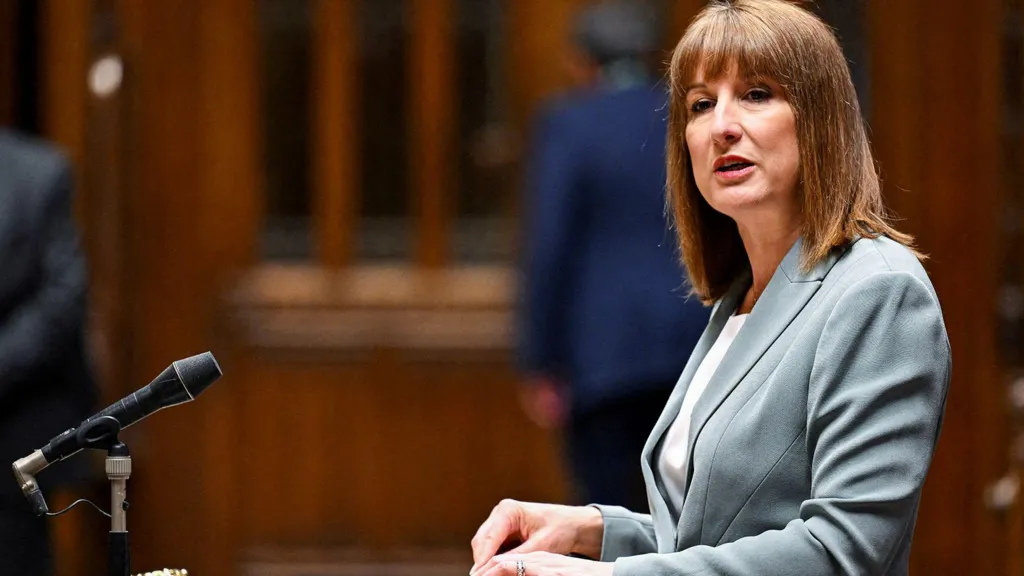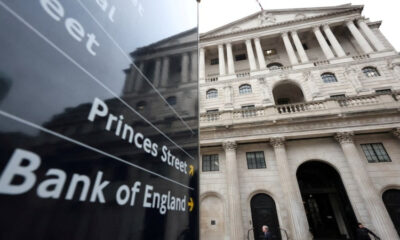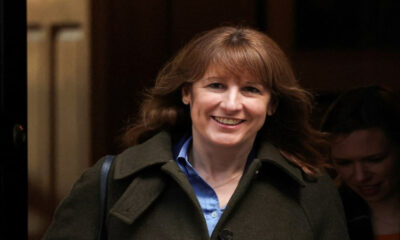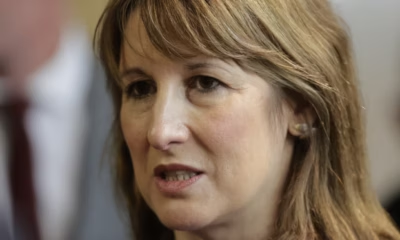News
Reeves Pulls Back From Income Tax Rate Rise After Brighter Economic Forecasts

UK Chancellor Rachel Reeves has stepped away from plans to raise income tax rates in the upcoming Budget after receiving stronger-than-expected economic forecasts, according to senior government sources. The shift marks a significant change in direction after weeks of signals suggesting she was preparing to break a Labour manifesto pledge on taxation.
Reeves had previously hinted that she might increase the basic, higher, or additional rates of income tax, a move that would have contradicted Labour’s election promise not to raise them. However, updated projections from the Office for Budget Responsibility (OBR) show that the public finances are in better shape than earlier estimates suggested.
According to officials, the expected gap in government finances is now thought to be around £10 billion smaller than previously forecast, reducing immediate pressure on the Treasury. The Financial Times was the first to report the chancellor’s change of course.
Rather than raising income tax rates, Reeves is now considering freezing or lowering income tax thresholds — the salary levels at which each tax band begins. This approach, often referred to as “fiscal drag,” could still increase the government’s revenue without directly raising tax rates. Other tax measures are also being examined, with government insiders stressing that the chancellor will still need to make “tough choices” to balance the books.
Officials also emphasized that the decision was unrelated to recent political turbulence surrounding the prime minister’s leadership, insisting that it was driven solely by fiscal considerations and updated data.
Ahead of every Budget, the chancellor submits policy options to the OBR, which then produces economic and fiscal forecasts. Earlier this month, Reeves had asked the OBR to cost a potential 2p rise in income tax rates paired with a 2p cut in National Insurance, a proposal designed to help plug what was then believed to be a £30 billion deficit caused largely by weaker productivity forecasts.
However, the latest OBR assessments are more optimistic. Stronger projected wage growth and higher expected tax receipts have offset a significant portion of the earlier shortfall, reducing the anticipated gap to roughly £20 billion. The improved outlook provided Reeves with the fiscal room she needed to avoid breaking a key campaign promise.
Many Labour MPs had privately expressed concern about increasing income tax rates, warning that reneging on the pledge could erode public trust early in the government’s term. Their pressure is understood to have been an additional factor in the chancellor’s decision.
Financial markets initially reacted nervously, with borrowing costs rising on early reports of a tax hike. But rates eased again after it became clear that the projected fiscal hole was smaller than originally feared.






















